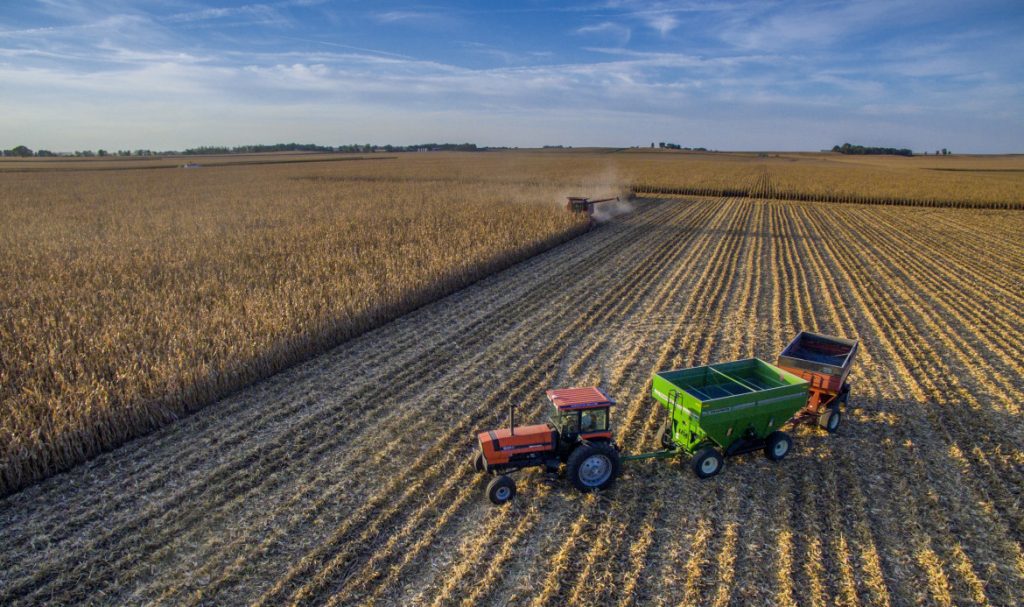Over the past two decades, US farmers and manufacturers have struggled mightily against subsidized competition from overseas. Almost 5 million factory jobs have disappeared since 2000, including almost 300,000 in Illinois alone. This decline in good jobs has been particularly evident in America’s steel sector, with massive overproduction in China driving a global steel glut that has claimed 50,000 US jobs since 2000.
[Justin Oberling | May 15, 2018 | Belleville News-Democrat]
In response, President Trump recently imposed safeguard tariffs on surging steel and aluminum imports. Prior to his announcement, the Commerce Department determined that overcapacity from China’s heavily subsidized steel mills threatens to “impair the national security” of the United States. The tariffs are a sensible decision, and one wisely urged on the president by Congressman Mike Bost.
While the tariffs can help US steel mills get back on their feet, there’s now push back from those who argue that Beijing will take retaliatory action against America’s farmers, particularly soybean producers. Such claims are exaggerated, however, since US agricultural producers already confront a unique set of market conditions.
It’s certainly possible that US farmers could feel an impact from China’s tariffs. But President Trump has already directed Agriculture Secretary Sonny Perdue to develop a response. And Senator Chuck Grassley has suggested that the Agriculture Department’s Commodity Credit Corporation could play a role, too.
Overall, though, the farm threat is unlikely. For starters, soybeans remain one of the most fungible of all commodities in the global marketplace. Yes, the US sells soybeans to China. But in 2017, Brazil was the top soybean exporter to China, not the United States. And according to John Baize, a consultant for the U.S. Soybean Export Council, right after Beijing announced possible retaliation against US soybeans, Brazilian prices spiked higher allowing the US to sell to new markets in Argentina and Europe.
Clearly, Brazil hopes to capitalize on any tariff fight. But such opportunism has already made US soybeans more globally competitive—and earned the US new customers. Recently, the US sold an estimated 458,000 metric tons of soybeans to other countries, including Europe. It’s arguably the largest single sale to Europe in 15 years. The US also sold 200,000 metric tonsto Argentina.
Admittedly, outside events have played their part, too. A heavy drought in Argentina means soybean production there may decline to a nine-year low of 40 million metric tons, according to the US Department of Agriculture. And a similar drought in Uruguay could cut their exports nearly in half, to 1.6 million tons. All of this will boost demand for US soybeans.
So far, however, the US soybean market seems largely free of any impacts from China’s threats. Soybean prices are about $1 per bushel higher now than last year, and 50-60 centshigher than in February—the month prior to Beijing’s tariff warning.
President Trump has wisely taken action to help US manufacturers who play by the rules. America’s farmers should support the president’s efforts, and expect similar support when facing predatory trade in the global agricultural market.













